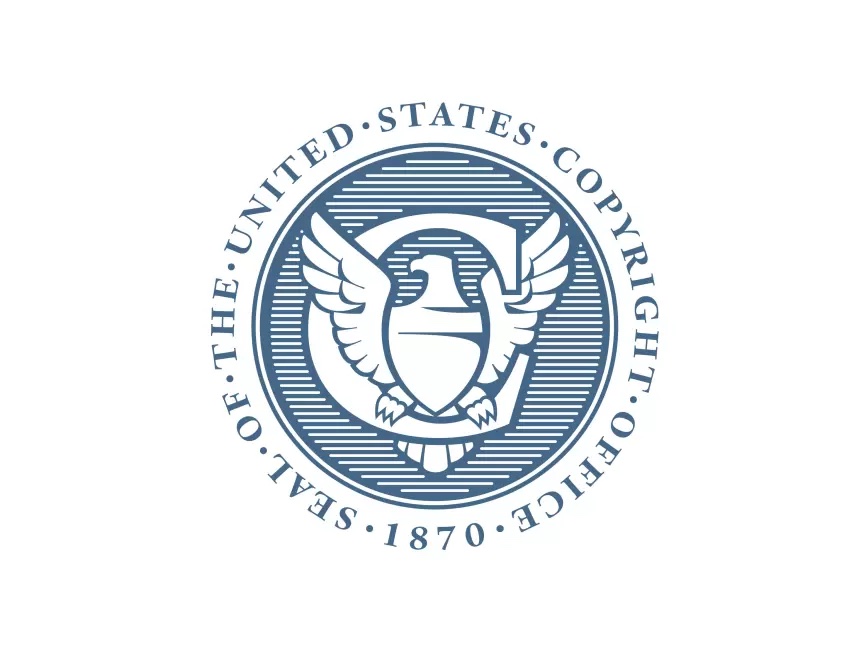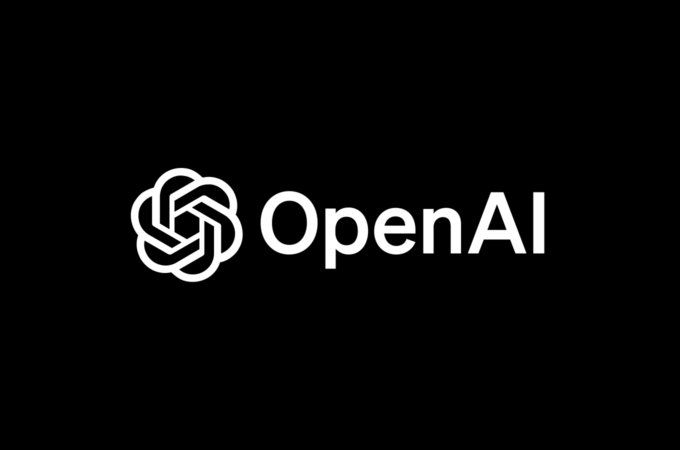
Copyright Office Urges Congress to Address AI-Generated Digital Replicas
In a significant development for the fintech and technology sectors, the U.S. Copyright Office has released a report calling for urgent legislative action to address the proliferation of AI-generated digital replicas. The report, published on July 31, 2024, emphasizes the need for a new federal law to protect individuals from unauthorized digital replicas created using artificial intelligence technologies.
The Copyright Office’s recommendation comes in response to the rapid advancement of AI capabilities, which have made it increasingly easy to create highly realistic fake videos, images, and audio recordings of individuals. These digital replicas, often referred to as “deepfakes,” pose potential threats to personal privacy, reputation, and financial security.
Shira Perlmutter, Director of the U.S. Copyright Office, stressed the urgency of the situation, stating, “There is an urgent need for effective nationwide protection against the harms that can be caused to reputations and livelihoods.” The report suggests that existing laws are insufficient to address the unique challenges posed by AI-generated replicas.
The Copyright Office recommends that Congress establish a federal right protecting all individuals during their lifetimes from the knowing distribution of unauthorized digital replicas. This proposed law would be distinct from existing copyright protections and would aim to address the specific issues raised by AI-generated content.
Coinciding with the report’s release, a bipartisan group of senators introduced the Nurture Originals, Foster Art, and Keep Entertainment Safe Act of 2024 (NO FAKES Act). This legislation aims to create liability for the creation, hosting, or sharing of unapproved digital replicas of individuals, with provisions for takedown notices and First Amendment protections.
The report is part of a broader initiative by the Copyright Office to explore the intersection of copyright and artificial intelligence. Future installments will address other AI-related copyright issues, including the copyrightability of AI-generated works and the legal implications of training AI models on copyrighted material.
As the fintech industry continues to integrate AI technologies into its products and services, this potential legislation could have far-reaching implications. Companies developing or utilizing AI-powered tools for content creation, identity verification, or fraud detection may need to reassess their practices to ensure compliance with any new regulations.





